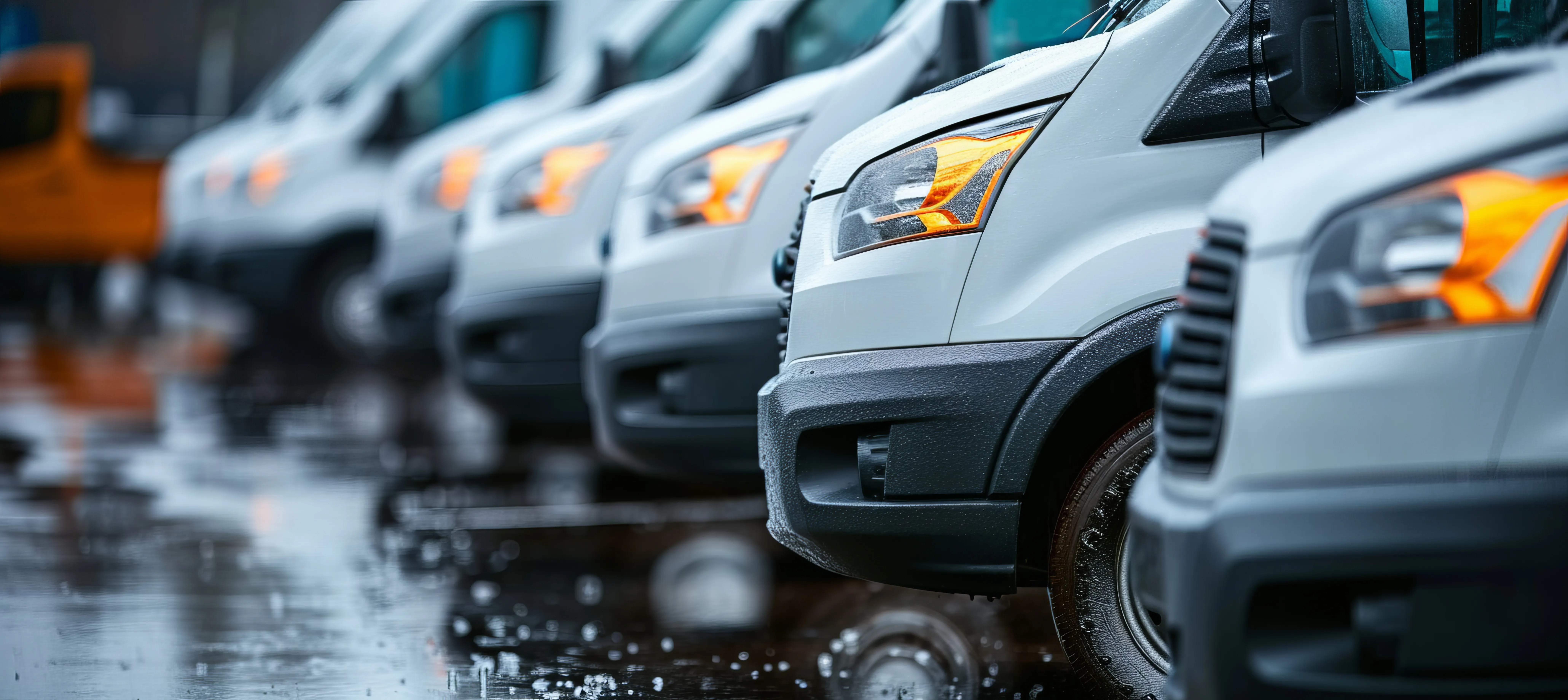Legal Considerations for Company-Owned Vehicles Involved in Accidents in Florida
Employers and employees alike often wonder about the legal implications of accidents involving company-owned vehicles. Florida’s legal framework is complex, encompassing doctrines like vicarious liability and respondeat superior, which determine whether an employer can be held responsible for their employee’s actions. This comprehensive guide unpacks these concepts and provides practical insights for navigating employer liability, business insurance obligations, and fault determination.
What Is Employer Liability?
Employer liability refers to the legal responsibility businesses may bear when employees are involved in accidents while driving company-owned vehicles. This responsibility hinges on several factors, including the purpose of the vehicle’s use at the time of the incident and the relationship between the employer and the driver.
In Florida, vicarious liability holds employers accountable for actions undertaken by their employees during the course of their work. However, exceptions exist, and not all accidents automatically result in employer liability.
Key Legal Principles: Respondeat Superior and Vicarious Liability
Respondeat Superior
The doctrine of respondeat superior, Latin for “let the superior answer,” establishes that an employer may be liable for an employee’s negligent actions performed within the scope of their employment. For instance, if a delivery driver crashes into another vehicle while making a delivery, the employer may bear financial responsibility for damages.
Vicarious Liability
Vicarious liability builds on the principle of respondeat superior. It applies when the employer indirectly causes harm through the actions of their employee. Florida courts evaluate whether the employee was acting within their job duties or deviated for personal reasons.
Exceptions to Employer Liability
Employers are not automatically responsible for every incident. Exceptions include:
- Personal Use of a Company Vehicle: If the employee was using the vehicle for personal errands outside work hours, the employer may not be liable.
- Intentional Misconduct: Employers are generally not responsible for deliberate or reckless actions by their employees.
- Independent Contractors: Employers are not liable for accidents caused by independent contractors unless specific terms in their contracts impose liability.
Insurance Coverage and Business Obligations
What Does Business Auto Insurance Cover?
Business auto insurance policies typically cover:
- Liability for Bodily Injury and Property Damage: Protects against claims for injuries or property damage caused by company vehicles.
- Comprehensive and Collision Coverage: Covers damages to the business vehicle itself.
- Hired and Non-Owned Coverage: Extends to vehicles rented or used for business purposes.
Employers should ensure their policies explicitly address potential scenarios, such as out-of-state accidents or personal use of company vehicles.
Key Considerations for Employers
- Review Coverage Limits: Make sure policy limits are sufficient to cover worst-case scenarios.
- Clarify Employee Use: Define permitted and prohibited uses of company vehicles in employee handbooks.
- Consult with Insurance Professionals: Regularly review policies to adapt to changing business needs.
Fault Determination in Commercial Vehicle Accidents
In Florida, determining fault involves evaluating evidence such as:
- Police reports
- Witness statements
- Vehicle damage analysis
- Traffic camera footage
Employee vs. Independent Contractor Accidents
The relationship between the driver and the company is critical. If the driver is an independent contractor rather than an employee, liability often does not extend to the employer unless specific agreements dictate otherwise.
Common Scenarios: Employer Liability in Action
Personal Use of Company Vehicles
If an employee takes a company vehicle for personal errands and causes an accident, liability may fall on the employee. However, if the employer implicitly or explicitly allowed the personal use, liability could still extend to the business.
Out-of-State Accidents
When accidents occur outside Florida, legal complexity increases. Employers may face varying liability rules depending on the state where the accident occurred. Consulting legal counsel familiar with multi-jurisdictional cases is essential.
Steps to Take After a Company Vehicle Accident
Employers and employees should follow these steps to protect themselves legally and financially:
- Report the Accident Immediately: Notify the company’s insurance provider as soon as possible.
- Gather Evidence: Collect photos, contact information for witnesses, and other relevant details.
- File a Police Report: A police report provides an official record, often required for insurance claims.
- Consult Legal Counsel: Seek guidance to determine liability and navigate claims.
- Review Insurance Policies: Ensure the incident aligns with policy terms and coverage limits.
Frequently Asked Questions
Who is liable if an employee crashes a company car in Florida?
Liability depends on the employee’s actions at the time of the accident. If the employee was performing work duties, the employer may be liable under vicarious liability principles.
What happens if a company car is used for personal errands?
The employee may be solely liable unless the employer authorized or was aware of the personal use.
What does business auto insurance cover?
Business auto insurance generally covers liability for bodily injury, property damage, and sometimes extends to vehicles not owned by the company.
Protecting Employers and Employees
Navigating employer liability requires proactive measures to reduce risks. Employers should:
- Implement clear policies on the use of company vehicles.
- Require employees to sign agreements outlining permitted uses.
- Conduct regular training sessions on safe driving practices.
Protect Your Business and Employees
Legal liability for company vehicle accidents can place significant financial and reputational strain on businesses. To fully understand your rights and obligations, consult a legal professional specializing in Florida accident liability law. Their expertise can help you navigate the nuances of respondeat superior, vicarious liability, and business auto insurance. Contact Lawlor, White & Murphey today to ensure your business is protected.
